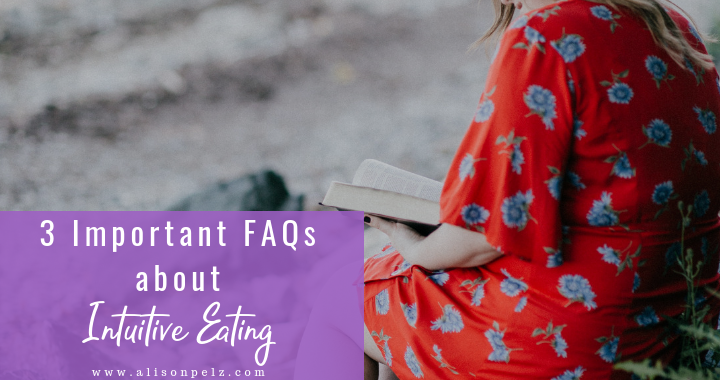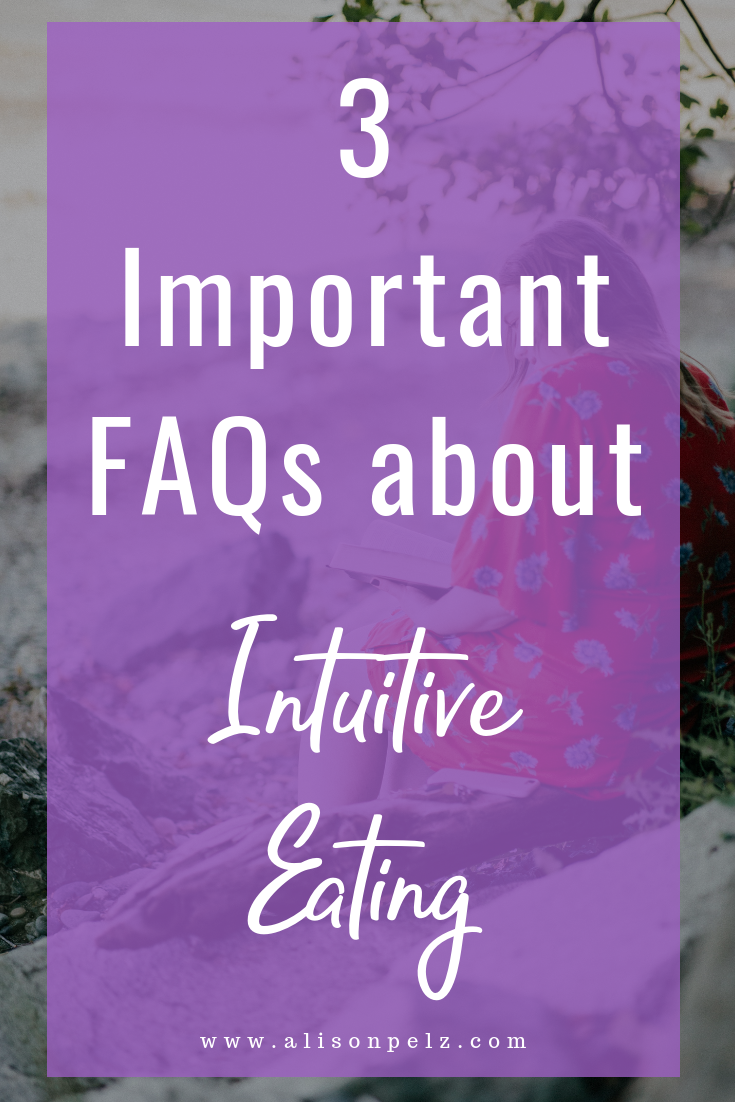Unless you are taking a break from social media and the news, you most likely have been bombarded with messages about dieting and weight related New Year’s resolutions. Diet programs are promising the magic bullet for good health and weight loss in the New Year.
Maybe this year you are re-thinking your New Year’s resolutions. Perhaps you are beginning to notice that dieting is taking up too much space in your life or you are tired of worrying about what you eat or what you look like. It could be you are looking to “get off the diet roller coaster” permanently and heal your relationship with food and your body.
If you are ready to give up dieting, you’re not alone. Consider these five reasons to quit dieting for good:
1. Dieting for permanent weight loss is ineffective.
While dieting can be effective for weight loss for some, usually weight loss is short-lived. In fact, scientists have little to no evidence to show that dieting is an effective means for keeping lost weight off. Maybe you haven’t been able to stick to your diet. It is not you, it is the diet. Diets are nearly impossible to follow for the long term. And then when diets are “broken”, it leaves the person feeling bad about themselves and disconnected from their body, doing more damage than good.
2. Dieting is a known risk factor for developing disordered eating or a full-blown eating disorder.
The causes of eating disorders are complex and can be caused by a range of biological, social, and psychological factors. Researches have identified that dieting is a risk factor for developing an eating disorder. The majority of clients that I treat with an eating disorder have had experience with dieting, usually motivated by body dissatisfaction. Dieting can contribute to more problems with your relationship with food instead of solving them.
3. Dieting can wreak havoc on your mental health.
Diets often promise control over food and even our lives. Starting a new diet can even feel exhilarating. But, have you ever noticed when you are dieting you spend more time thinking about food? Or you begin to feel out of control around food, maybe experience binge eating-like behavior? You may even avoid certain social situations in order to stay on the diet.
Additionally, when a “diet rule” is “broken” (not because of laziness or lack of willpower on your part—remember, clinical studies show that diets can’t be followed long term), you might experience increased feelings of shame, loss of control and failure. These feelings can drive us further from self-care and contribute to a poorer relationship with food.
4. Diets reinforce weight bias and stigma.
Weight bias and stigma are just what they sound like- discriminating against people based on their body size, usually large body size. Diets inherently send the message that large or fat bodies are “bad” or “unhealthy”, which reinforces fatphobia. It is well documented that rates of weight bias and stigma are on the rise. In fact, weight stigma and bias happen at higher rates than discrimination based on age or gender. Weight bias and stigma can affect physical and mental health independent of body size in various ways, including an increase in stress, poorer mental and physical health, and can contribute to problematic eating behaviors independent of body size. To read more about weight-bias and stigma, click here.
5. Diets often de-emphasize other determinants of health.
You have probably heard the saying, “You are what you eat”. This couldn’t be further from the truth. What and how we eat may be one part of our health, however, there are multiple factors that contribute to health. There are several determinants of health including genetics, economic status, environmental and physical influences, medical care, and social factors. Diet programs often give the illusion that by eating in a particular way you are guaranteed good health, often neglecting other health factors.
These are just a few good reasons to ditch dieting. However, you may be thinking, “Now what? How do I not diet? How do I feed myself?”. These are common and valid questions. If you have been dieting on and off for years or have an eating disorder, navigating food in our society that is steeped in diet culture can be confusing and downright daunting.
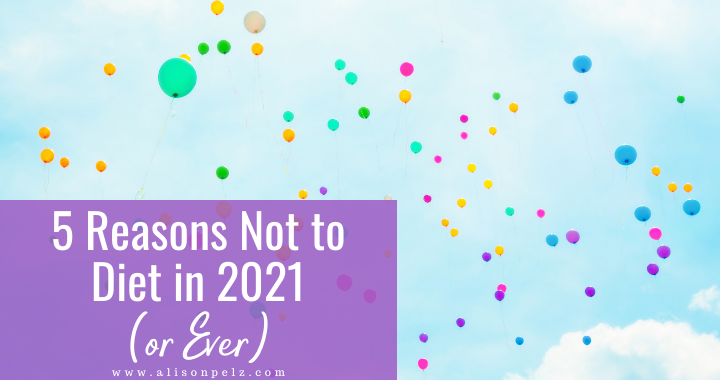
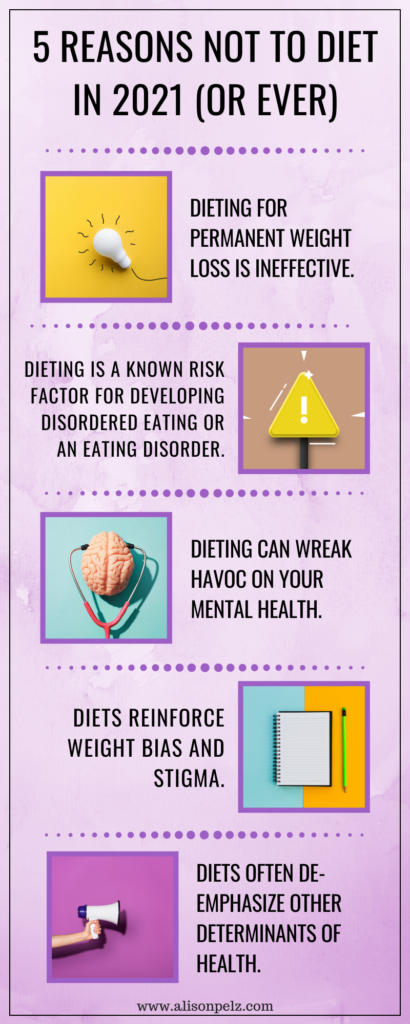
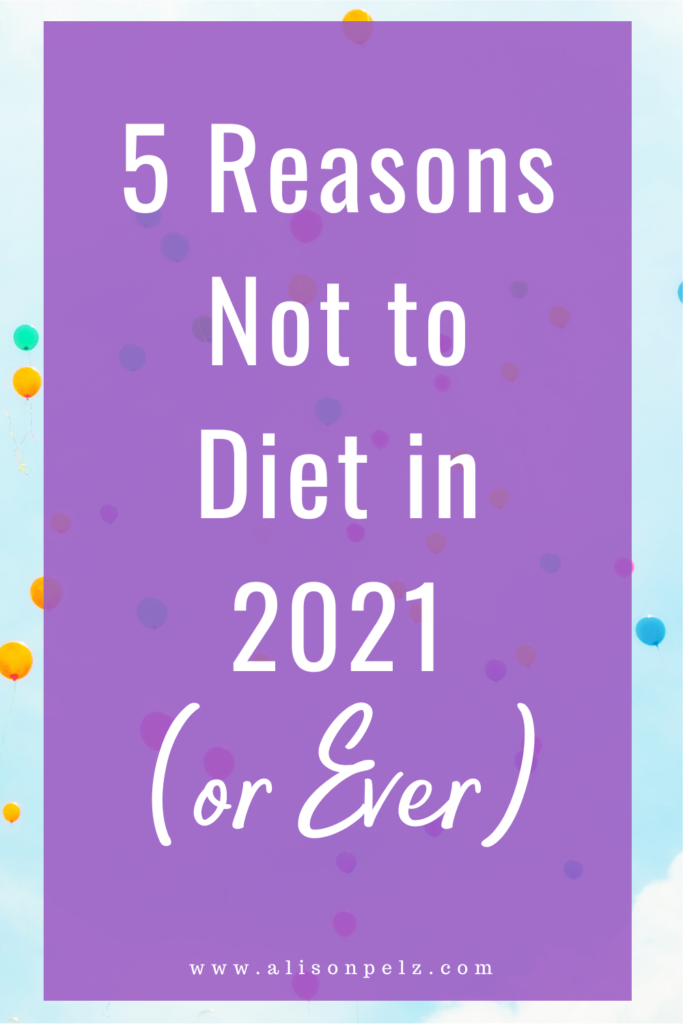

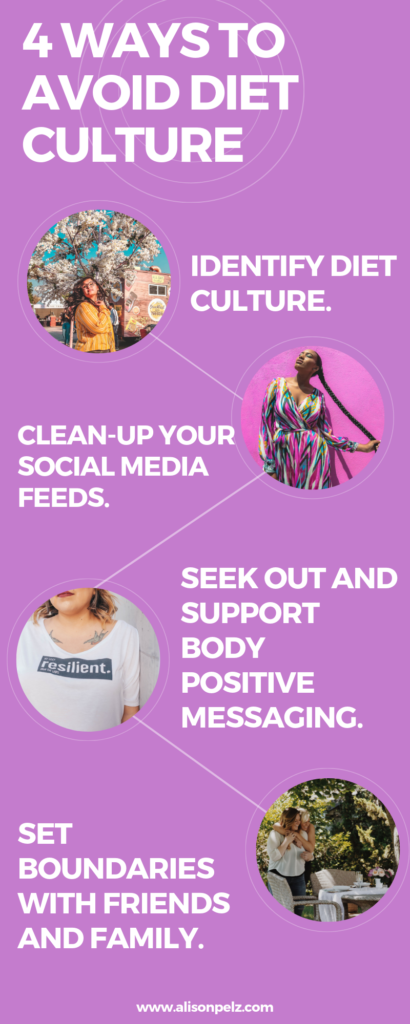 ,
,
